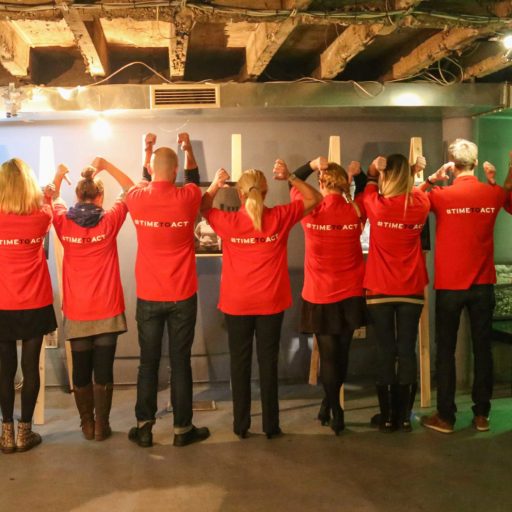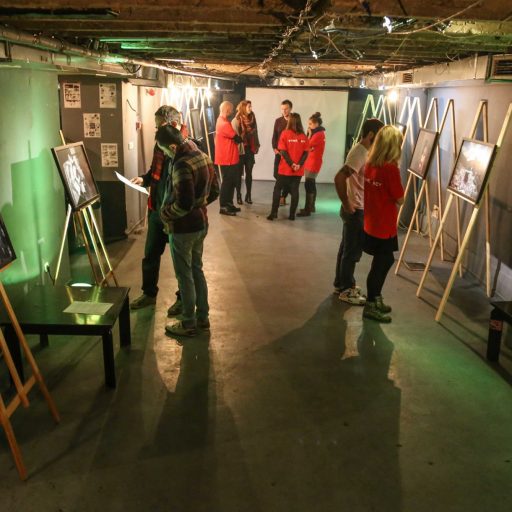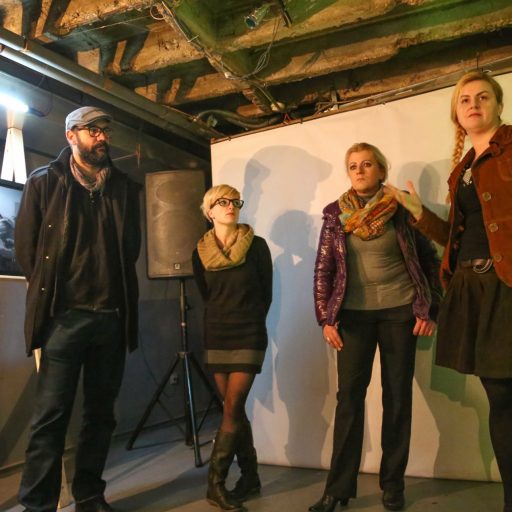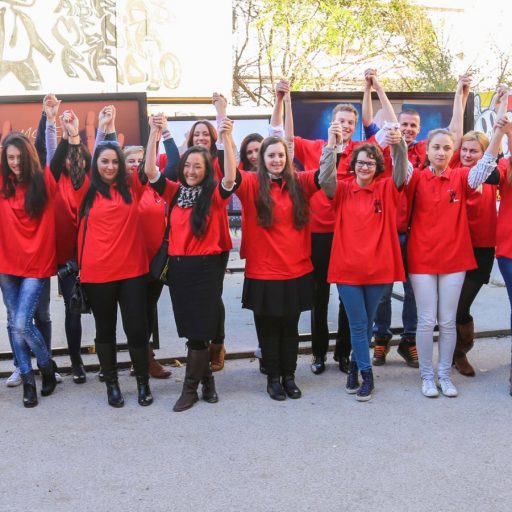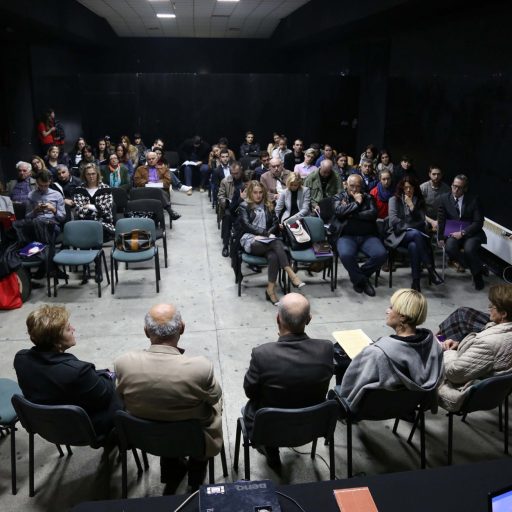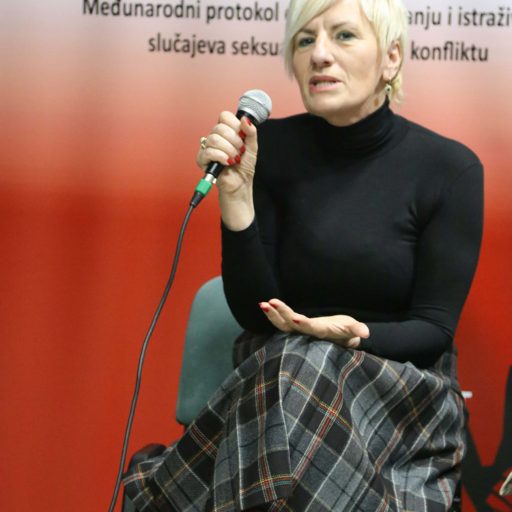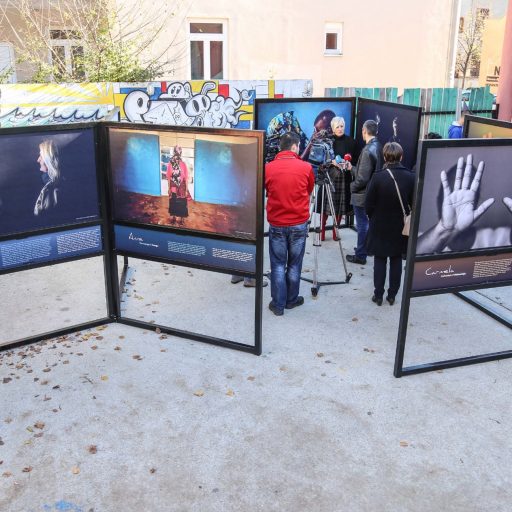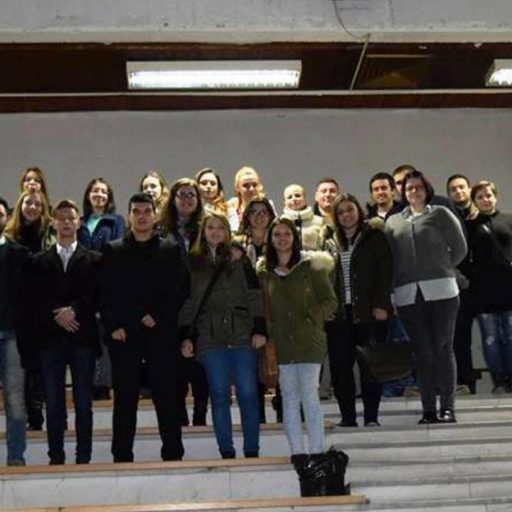Date of Implementation: November 2014 (Ongoing)
Partners: OSCE Mission to BiH, The Peace Support Operations Training Center, and the Balkan Investigative Reporting Network (BIRN)
Supported By: British Embassy Sarajevo
Primary Objective: To overcome the culture of impunity for sexual violence in conflict by strengthening the prosecution of sexual violence in conflicts, thus increasing the prospects for successful convictions.
“The International Protocol on the Documentation and Investigation of Sexual Violence in Conflict” was first presented at the Global Summit to End Sexual Violence in Conflict held in June 2014 in London on the initiative of the then UK Foreign Secretary William Hague and the Special Envoy for the UN High Commissioner for Refugees Angelina Jolie. In November 2014 as a part of the British Government’s initiative on preventing sexual violence in armed conflict, and as a result of PCRC’s continued work with Ms. Jolie, PCRC was designated by the British Embassy in Sarajevo as the lead local organizer of a series of events that comprised the Bosnian launch of the International Protocol. PCRC set up forum discussions, presentations, and community outreach events in the Bosnian cities of Sarajevo, Banja Luka, Mostar, Brčko and Zenica, generating local and national media coverage. PCRC was able to bring together more than 500 representatives from key public institutions and civil society organizations, members of victim’s associations and the international community, Bosnian students, academics, activists, health care providers, and the media to discuss the prevention of sexual violence in conflict, and the need to provide more effective support to survivors.
As part of the International Protocol’s Bosnian launch, PCRC was additionally asked to feature its work in the field of women’s rights advocacy by organizing a specialized multimedia educational program entitled “Breaking the Silence and Stigma.” This special program included the launch of two of PCRC’s photographic exhibitions—“Hasija’s Story” and “My Body: A War Zone”—and a women’s film series featuring several PCRC-produced films covering rape camp detainment, witness protection programs in BiH, and the establishment of sexual violence during war as a crime against humanity that resulted from the testimonies of Bosnian women from Foča.
I find it very difficult to sit here today and listen to the problems that women victims of rape face every day in our country. It is terrible how little support this country is providing these victims of war—our mothers and fellow-citizens—who, without any guilt of their own, were drawn into this horrible conflict.
We need to understand that the trauma is not only a health-related or psychological problem; it is a judicial, economic and political problem. When these women speak out it is a political act, an intervention aimed toward the very core of a society. It is crucial that we work on the documentation, investigation and prosecution of these crimes.
I would like to invite all women and men to speak up and to tell the truth and talk about what was done to them. We need to record and remember what happened; this is the only way to achieve justice.


